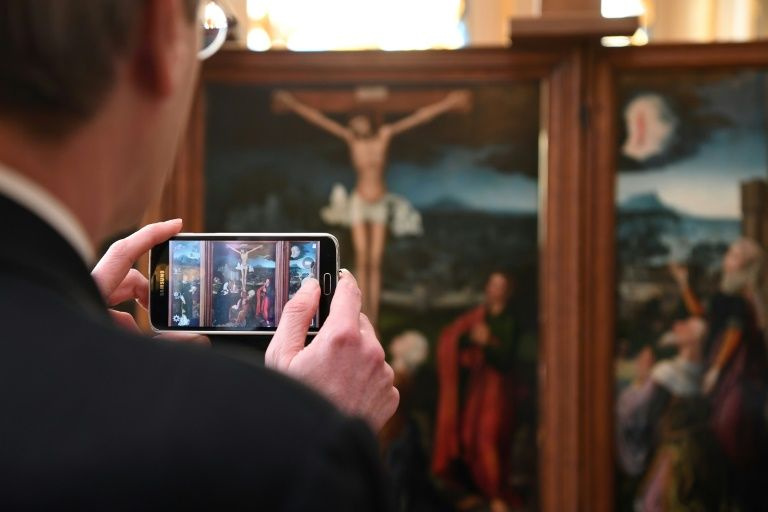


Recently France has stepped up efforts to identify the owners of lost or looted World War II treasures. Over 30 looted paintings have been put on display at the Louvre since December to raise public awareness of the issue. It is thought that up to 100,000 works of art, and millions of books, were stolen from French Jews or Jews who had fled to France before the German occupation.
From 1945 to 1949, over 61,000 of those objects were returned to France, and about 45,000 were claimed by their owners. Many of the unclaimed pieces were sold at auction.

But not always the piece of art is returned to the rightful owner. Thus, for example, a US judge has dismissed a lawsuit seeking the return by the Metropolitan Museum of Art in Manhattan of a Pablo Picasso masterpiece "Actor" (1904−05). One of the most valuable paintings in the Metropolitan Museum of Art’s collection was the subject of a lawsuit which alleges that the Pablo Picasso’s painting, worth an estimated $100 million, was sold under duress when its owner fled Nazi Germany. But, as a judge said: "The relatives of Paul Leffmann, who once owned The Actor, could not show under New York law that he sold the painting under "duress," justifying its return to her family."
The Met acquired The Actor in a 1952 donation.
Left: Pablo Picasso’s The Actor (1904−05)
Title illustration: AP Photo / Francois Mori


















